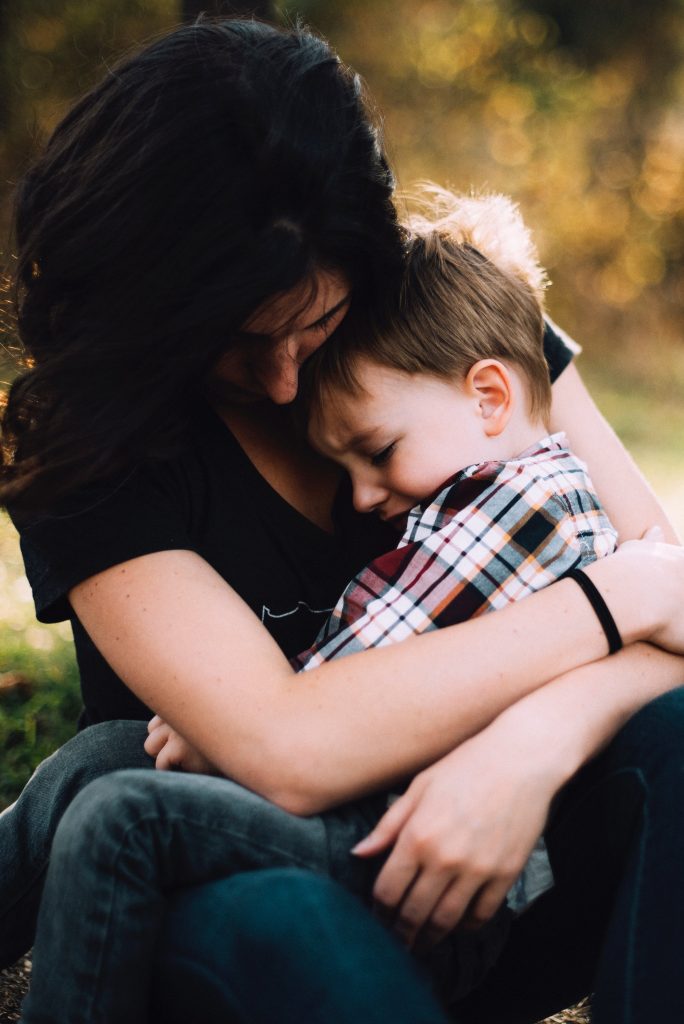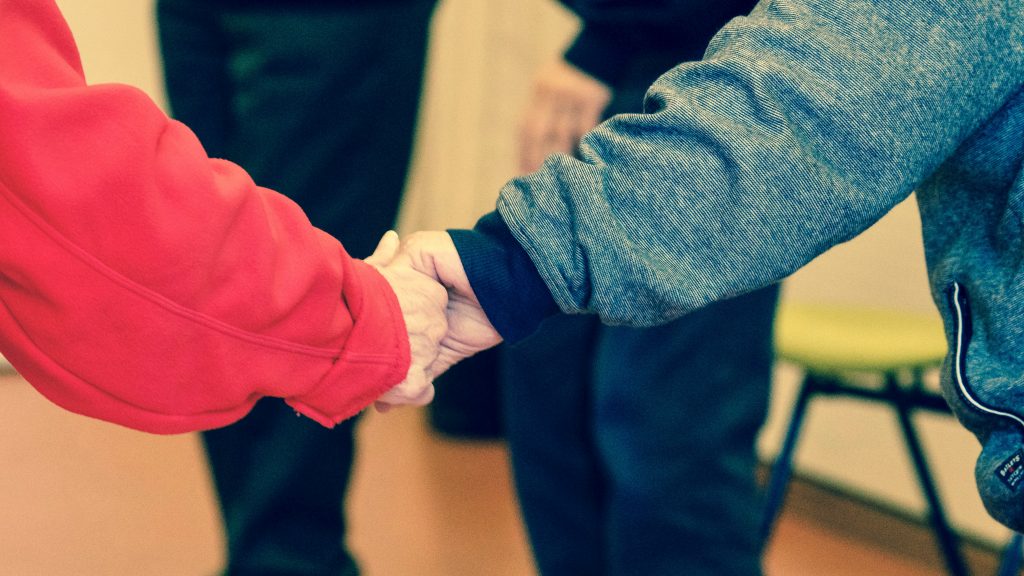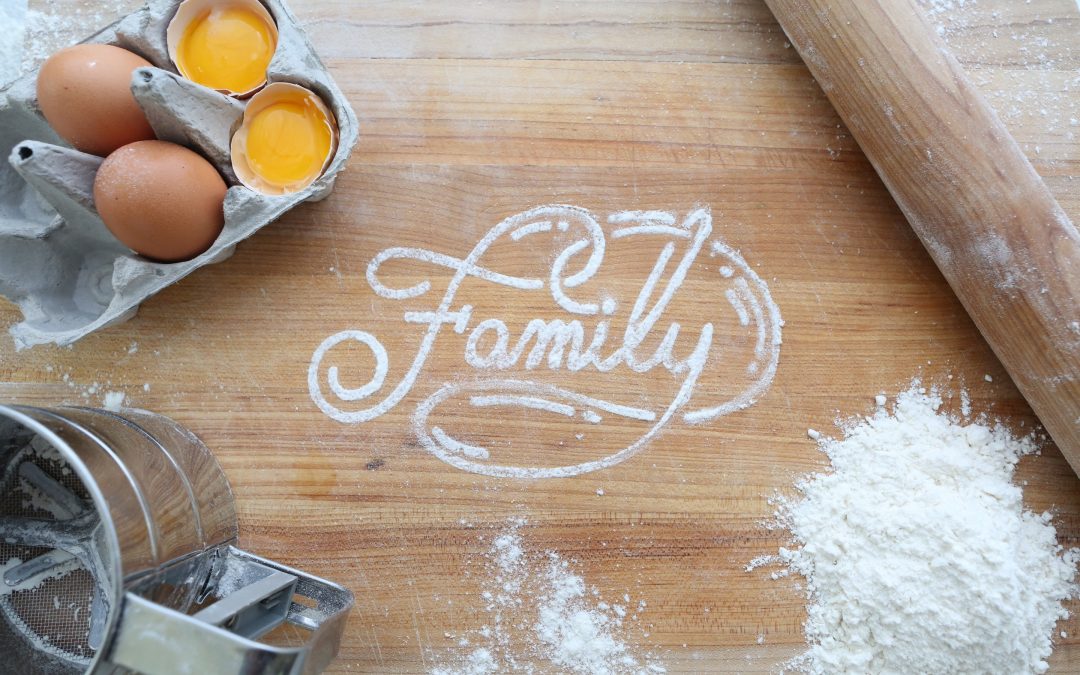What do you think of Valentine’s Day? Do you see it as a chance to celebrate love, or a day hijacked by commercial exploitation? Is it fun and meaningful, or do you feel cynical about it? Perhaps you enjoy it, or perhaps you feel excluded by it.
For some people it might be a sad day because it is a reminder of their loneliness or the loss of someone they love.
For me, this year, Valentine’s Day is a chance to reflect on what love actually is. Is it chocolates and flowers, or is it something more enduring? Is it romance, or is it commitment?
I had a chance to think about this on hearing a friend describe how challenging they were finding their “tweenager”. Let’s face it, when you have a family, love can seem pretty demanding:
- All those broken nights when they’re a baby, when you’re up feeding at 3.00am
- Just when you think they’re sleeping through the night, you realise interruptions will continue long into childhood with things like bad dreams, sickness, and early morning wake ups
- Once they’re at school, there’s the daily grind of getting them up and out of the house on time
- There’s the constant nagging to brush their teeth, do their homework, eat their vegetables … the list could go on
- Once they’re teenagers, there are the worries about their social media or gaming addiction, what boundaries to set on their freedoms, concerns about their exams, their partying, their relationships, their career choices.
It’s not easy being a Mum!

At this point, we might even regret ever believing in love and allowing ourselves to be seduced by the sentiments behind Valentine’s Day!
Perhaps, we think, we should never have had such high hopes of a relationship and subsequent family life.
And so, as we face the demands of everyday life, is there anything we can do to improve things in our family?
1. Improve Our Relationship With Ourselves
First and foremost, as a Mum, we need to think well of ourselves. If we struggle to do so, we may well find our relationships are affected.
Often the problem with motherhood is that it can sap confidence. We go from being independent women in some control of their work and personal lives, to women who struggle to get out of the house in the morning. A few months of being at the mercy of a small person – or several small people – and we begin to wonder who we really are.
Without a strong sense of self it can feel like we are defined by our role as mother.
When that happens we begin to look to our parenting skills as an indicator of our success. We forget that there is another individual involved – our child who has their own personality and needs – and we discount their role in our measurement of ourselves.
Therefore, being a parent might induce feelings of not being good enough because our child does not do random things like eat a wide variety of food, learn to read before the age of four, or speak politely to strangers.
It’s important to remember that we are not defined by what we do.
Probably one of the easiest ways to understand this is to think about your love for your child. Do you love them for what they do? Do you love them for the speed in which they learned to toddle, to read, to ride a bike?
Or do you love them simply because they ARE?

It’s the same for you.
Day after day, it helps to remind ourselves that we are enough. It’s not about what we do, but simply the fact that we’re here, with all our messiness and all our faults. But most importantly, in our uniqueness. No one else is like us. There’s only us and that’s why we’re lovable.
2. Recognise Our Uniqueness
One of the easiest ways to make ourselves unhappy is to compare ourselves to others. It is always possible to find someone who seems more organised than us, more successful than us, slimmer than us, earns more than us, are more accomplished than us … the list goes on and on.
Yet in negatively comparing ourselves with others we forget that we are unique.
There is no-one else like us on the planet with our genetics, with our history, our choices, our lives.
We often choose to compare something we don’t like about ourselves – what we perceive to be our weakness – against someone else’s strengths. We forget that the other person has weaknesses or we disregard them because they are OUR strengths. And if it’s something that we’re good at – well, it’s easy, and it’s not worth anything, because it’s us that’s doing it.

Negative comparisons are often based on perceptions of how life should be and on performance.
We think life, and ourselves, should be a certain way. We find all the people who seem to be conforming to that standard and then we are cross with ourselves that we don’t meet the mark.
Negative comparisons are the fast lane to shame. We think we are failing to conform to what is expected and so we feel guilty.
Do you ever catch yourself thinking “I’m a bad mother because …”?
You fill in the dots – that way you’ll identify your expectations of yourself and what you think society expects of you.
Examples from my experience would be “I’m a bad mother because:
- I shouldn’t shout at the children
- I should be more organised
- I should have pushed them more academically”
When we feel like this, we hide ourselves away and we don’t allow our true selves to be seen by the world.
The tragedy of this is we actually cut ourselves off from the love,acceptance and belonging that could be ours if we allowed ourselves to be vulnerable.
3. Recognise None Of Us Are Perfect
If we try and live up to perfect standards, then we are going to fail.
If we expect our kids to be perfect, then we are going to be disappointed.
If we try to be perfect parents, then we will be paralysed by anxiety in our decision making. We will procrastinate. We will question our decisions and we will be self-critical.
Equally, when our children inevitably fail our perfect standards, we may be cross with them and they will grow up thinking our love is conditional on their performance. Like us, they will be frightened of making mistakes, they may avoid new experiences, and their opportunities for growth will be limited.
We tend to develop perfectionism as a way to avoid rejection.
We fool ourselves that if we do everything perfectly we will be loved and acceptable. The problem with this is that it is based on the notion of performance. It means we always have to strive and we approach challenges with fear, trying to control the outcome.
If we are able to surrender to the idea that we are human and we can make mistakes it frees us to try. We can accept we are a work in progress, as are our children, and we can relax into the messiness of life. When we take the pressure off, it allows us to be truly creative and loving.

Improve Our Relationships
It is when we are able to accept ourselves as imperfect humans that our relationships improve. We no longer expect ourselves to be superwoman and as we give ourselves permission to be imperfect, we also give others the same freedom.
So at Valentines, as at every day of the year, we need to be kind to ourselves. We need to remind ourselves that we are human. We make mistakes. We are doing the best job we can, given our personal history, our resources and our situation.
The Good Enough Mum
The Good Enough Mum offers counselling for women with anxiety and difficulties in their family life so that they can feel calmer and more in control. Please get in touch if you would like help.

